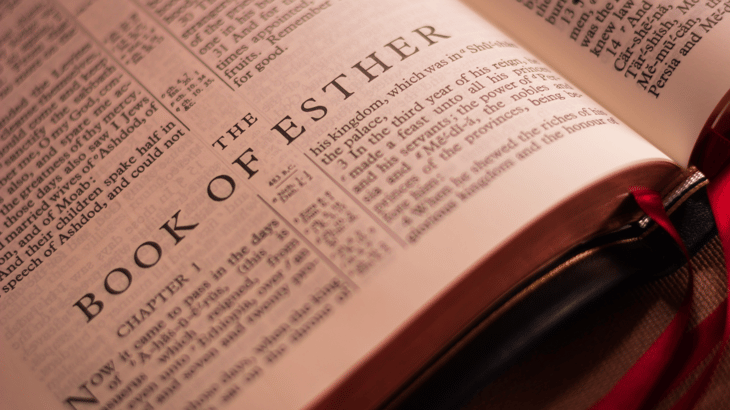A Transformative Change of Heart
Born sinners, we know we need to be redeemed, cleansed, and born again. But how? The Greek word metanoia sheds some light on the subject.
The Book of Job: An Overview
Job is renowned as the archetypical “suffering man” of the Old Testament, and rightly so. His losses were immense. But his comfort amidst his suffering is the knowledge that God Himself is perfectly steadfast and desires to act in mercy toward His servants.
Digging Deeper into Scripture: Luke 4:1–13
Below, Phil Rigdon explores the temptation of Jesus as recounted in Luke 4:1–13.
Esther: An Overview
The following is adapted from volume 1 of The Lutheran Bible Companion on the Book of Esther.
Digging Deeper into Scripture: Luke 5:1–11
In Luke 5, Christ preaches to the crowds and grants a miracle of fish to Simon Peter and his fellow fisherman. This great mass of fish was only a precursor to the great catch of the faithful that Christ has won for God through His Word and ministry.
Israel’s Story in Nehemiah
The following is an excerpt from volume 1 of The Lutheran Bible Companion on the happenings in Israel during the time of Nehemiah.
God’s Gifts in James
The following is an excerpt from Dr. Curtis Giese’s Concordia Commentary on James. It considers God’s role as a gift giver and unchanging figure.
Overlooked December Feast Days
Toward the end of December, there are several feast days that tend to get overlooked as we celebrate Advent and Christmas. Let’s take a few minutes to draw our attention to these commemorations of the faithful.
The Christ in Joshua
The following is an excerpt from the upcoming Bible study The Messiah: Revealing Jesus in the Old Testament. This study works through each book of the Old Testament and highlights the prophesy and presence of Christ in each.
Digging Deeper into Scripture: Micah 5:2–5a
As a prophet familiar with patience, Micah’s words are especially pertinent during our wait for Christmas during Advent.

-1.jpg?width=50&height=50&name=DSC_0210%20Samantha%20Hoorelbek_Original%20(1)-1.jpg)




















